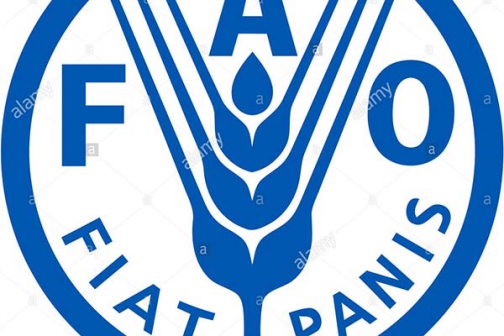×
The Standard e-Paper
Home To Bold Columnists

The United Nations Food and Agriculture Organisation (FAO), Morocco and other partners have launched three new initiatives to step up climate change action in agriculture.
The initiatives — Adaptation of African Agriculture (AAA), Global Framework on Water Scarcity and the Milan Urban Food Policy Pact launched at the UN Climate Change Conference in Morocco are designed to assist small-scale farmers cope in the wake of climate change.